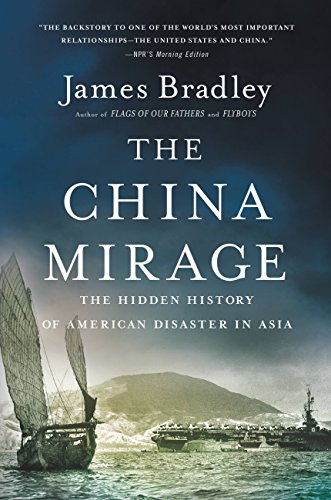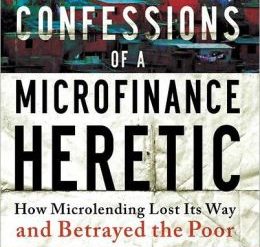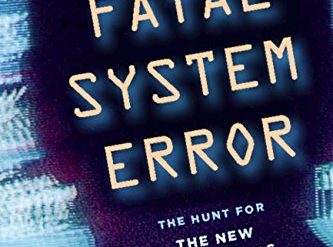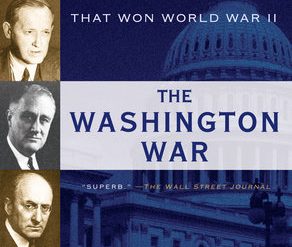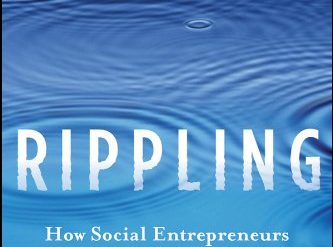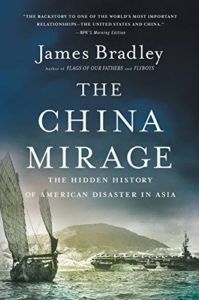
One of the conspiracy theories popular on the Far Right is that Franklin D. Roosevelt engineered the Japanese attack on Pearl Harbor to ensnare the US in World War II. Like so many Right-Wing fantasies, this story is nearly 180 degrees distant from the truth. (OK, many Left-Wing fantasies are, too.)
The power of the China Lobby
As James Bradley makes clear in The China Mirage: The Hidden History of American Disaster in Asia, FDR steadfastly resisted the aggressive, well-funded campaign of the China Lobby to force the U.S. government to embargo oil sales to Japan in the late 1930s. However, when the President was out of town for a week to meet with Winston Churchill early in 1941, future Secretary of State Dean Acheson and other powerful bureaucrats affiliated with the China Lobby contrived to put the embargo in place against Roosevelt’s express wishes. It was that action which triggered Japan’s decision to bomb Pearl Harbor and attack the Dutch West Indies (now Indonesia) to secure an alternative source of oil.
The China Mirage: The Hidden History of American Disaster in Asia by James Bradley (2015) 371 pages ★★★★☆
FDR and his Secretary of State, Cordell Hull, had insisted at every turn that cutting off oil to the Empire of Japan would force the Japanese military to strike out southward. Inevitably, they calculated, had they agreed to an embargo, the US would have been drawn into war in the Pacific at the same time as the country was gearing up to take on the fight against the Nazis in Europe. While they didn’t discount the possibility of war with Japan even without an oil embargo, their hope was that it could at least be postponed for long enough for the Allies to prevail in Europe.
Three unnecessary US wars in the Pacific
These circumstances describe one of the principal conclusions that Bradley has taken from his study of US policy toward Asia in the twentieth century. The China Mirage argues that cultural and historical ignorance, political miscalculation, bitter bureaucratic infighting, and media manipulation led not just to US involvement in World War II but, by extension, in the wars in Korea and Vietnam as well. Bradley regards all three wars as having been unnecessary.
The China Lobby
In 1882, the Chinese Exclusion Act became law. As a result, nearly all Americans — including the country’s most senior officeholders — shared profound ignorance of Chinese reality. Bradley traces the roots of this ignorance to two sources: the wishful thinking of the many US Protestant missionaries sent to China in the last half of the nineteenth century, and a lavish public relations campaign on behalf of the Chinese government in the 1930s. The government, nominally headed by the self-styled Generalissimo Chiang Kai-Shek, was in fact run by the wealthy and powerful Soong family, which headed a network of warlords and criminal gangs. Mayling Soong was Chiang’s wife; her older sister, Ailing, was the head of the family and directed affairs from behind the scenes. Ailing’s husband and brother held the two top positions in Chiang’s civilian government.
According to Harry Truman, later evidence showed that the Soong family had stolen $750 million of the $3.5 billion in American aid the Chinese government received to support its nonexistent war against Japan. Henry Luce apparently knew none of this; in fact, he knew practically nothing about conditions in China, other than what Chiang and his wife told him. Nonetheless, Luce used his powerful magazines, Time, Life, and Fortune, and his newsreel, The March of Time, to propagate the myth that Chiang was a democratic hero leading a heroic resistance against Japanese aggression. To spread the message further, and to lobby Congress and the White House, Luce and the Chiang-Soong syndicate created the China Lobby, which remained a dominant force in American foreign policy from the early 1930s to the 1960s.
The China Mirage
Compounding the challenge for American policymakers were the preconceived notions that dominated the thinking of key actors in the drama. Luce was the son of a Protestant missionary in China and carried with him throughout his life the conviction that Christianity and American values would spread throughout the vast expanse of the Chinese heartland and turn the country into America’s best friend in the world. To bring this about, all the US needed to do was help Chiang Kai-Shek defeat the Japanese.
Similarly, FDR drank in a similar fantasy about China on the knee of his beloved grandfather, Warren Delano, who had gained not just one but two immense fortunes smuggling opium into China. These delusional beliefs constituted what Bradley calls The China Mirage. Since Chiang and the Soong family represented the pro-American China of their dreams, they easily swallowed the Generalissimo’s claim that he was fighting the fast-spreading Japanese invasion. In reality, Chiang avoided every opportunity to confront the Japanese. He was hoarding his resources for what he hoped would be a decisive civil war with Mao Zedong and his Communist forces — after the Americans chased away the Japanese. That was China’s, or at least Chiang’s, “American Mirage.”
“Who lost China?”
Another favorite topic on America’s Radical Right is the question posed by Senator Joseph McCarthy in 1949: “Who lost China?” McCarthy and his allies, notably including Richard Nixon and the luminaries of the China Lobby, such as Mayling Soong, Henry Luce, Henry L. Stimson, and Dean Acheson, argued that the US hadn’t tried hard enough to support Chiang Kai-Shek. In the course of pursuing this question, McCarthy, Nixon, and Luce singled out a small group of men known as the Old China Hands.
This was a handful of Chinese-speaking experts deployed by the State Department in China during World War II who conveyed to Washington a very different story than that told by the Chiang-Soong government. To anyone with eyes open in the Chinese hinterland, where the Old China Hands were deployed, the truth was blatantly obvious. Chiang was not fighting the Japanese, he and his government were boundlessly corrupt, and Mao was attracting followers by the tens of millions among the peasantry because Chiang’s troops plundered their homes at every opportunity. Mao was growing stronger militarily with every passing month while Chiang’s soldiers were deserting in large numbers. But virtually no one in Washington, DC, wanted to hear such things — and the men who were reporting them were later singled out by McCarthy and the China Lobby as those responsible for “losing China.”
Did America bungle US-China relations?
Sadly, one of the central themes in reports from the Old China Hands was Mao’s eagerness to collaborate with the US, not just to receive weapons but to obtain American capital to rebuild the shattered Chinese cities after the war. On numerous occasions throughout the 1940s, Mao pleaded with State Department and Pentagon officials in China to arrange a meeting for him with the White House. Naturally, any knee-jerk anti-Communist, even today, is likely to look at such statements as lies and manipulation. To those Americans with hours of direct, face-to-face experience with Mao himself, and months of experience living with his army, the requests seemed obviously heartfelt. Despite the misconception in Washington that Mao was a puppet of Stalin, the two men in fact despised each other. Mao was extremely eager to avoid dependence on the Soviet Union.
Grounding his argument in these facts, Bradley implies that the US might have spurned Chiang and the Soongs and allied itself instead with Mao. This, he seems to be suggesting, could have ended the war with Japan years sooner, avoided the worst of the Chinese civil war, and shifted the People’s Republic of China from its alliance with the Soviet Union and into the hands of the US. However, given the depth and persistence of anti-Communist hysteria in America that long predated the Second World War, all this seems highly improbable to me. I’m confident that both FDR and Harry Truman fully understood this. Supporting Mao would have been political anathema to the American public. Even had there been no China Lobby, I strongly suspect that Chinese history would have unfolded in much the same way as it did.
For related reading
This is one of 13 good recent books about American foreign policy and of 30 insightful books about China.
Check out Top 10 nonfiction books about politics for more good reading.
You may enjoy browsing through 20 top nonfiction books about history.
For more good books on the history of the US, see Top 20 popular books for understanding American history.
And you can always find my most popular reviews, and the most recent ones, on the Home Page.

